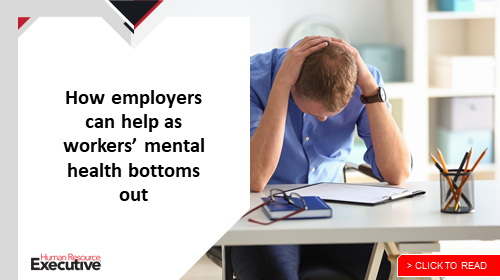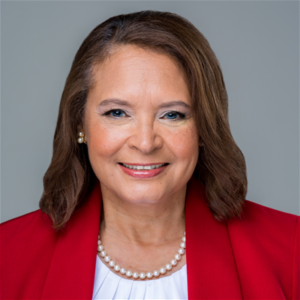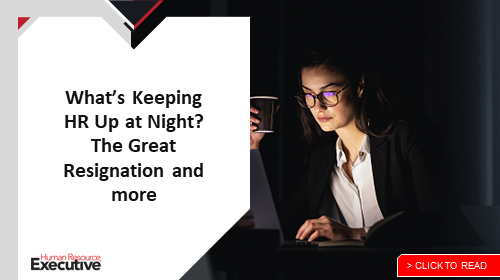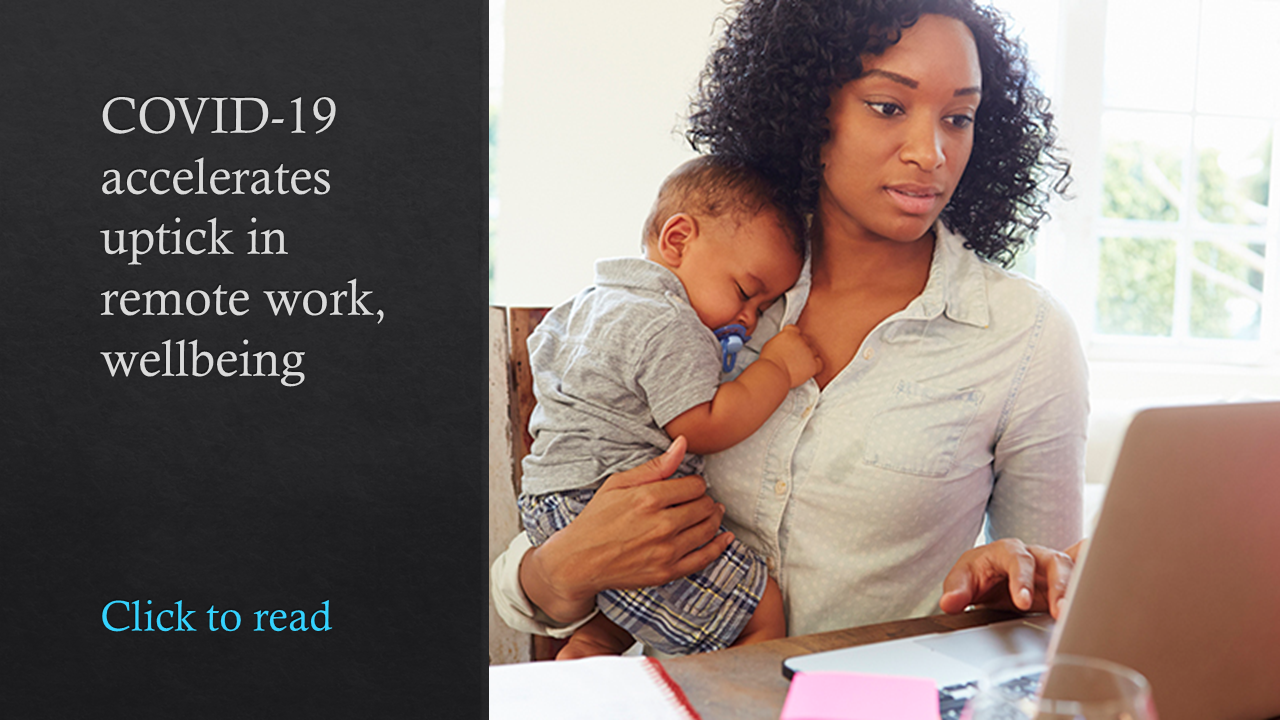For the past few years, mental health has been a growing focus among organizations, many of which see firsthand their employees struggling with burnout, anxiety, stress and depression.
But there’s an often-overlooked part of the mental health equation: addiction problems.
“Many people who have mental health disorders have substance abuse disorders. It’s increasingly difficult to separate the two,” says Cheryl Brown Merriwether, vice president and executive director of the International Center for Addiction and Recovery Education, known as ICARE. “The root of this is stress. People are in distress, they’re depressed, they’re anxious.”
Amid the pandemic, addiction—as well as mental health conditions—has increased dramatically, including the use of alcohol and recreational drugs during the workday.
 Employers, and many of the benefits they offer, have historically fallen short in helping employees cope with addiction. Even less is done on education and awareness initiatives about the issue, she says.
Employers, and many of the benefits they offer, have historically fallen short in helping employees cope with addiction. Even less is done on education and awareness initiatives about the issue, she says.
“It has to come from an employer-initiated movement,” says Merriwether, who will speak at HRE’s Health & Benefits Leadership Conference on April 6 about addiction and what employers can do. (Register for the event here). Merriwether has more than 20 years of experience in HR, and at ICARE she works with organizations on increasing awareness.
Ahead of her session at HBLC, HRE spoke with Merriwether about the growing problem, the role employers can play, and why it’s important.
HRE: Tell me about what you’re seeing in terms of addiction among employees right now. Is this a very big problem, especially as so many people have had trouble coping with one issue after the next in the past couple of years?

Merriwether: Yes it is. And it’s a big, growing problem. It was always a problem, but it’s a growing problem since COVID hit. And it’s more challenging and difficult to get your arms around because in large part people are working remotely now. When you work with someone in the workplace physically, you could see their glassy eyes or you could hear their slurred speech, or you could smell alcohol on their breath. And it’s really difficult to do those things now, when so many people are working remotely. But all of the data, all of the statistics from credible sources, every number is up—from alcohol use disorder to illicit drugs.
But at the same time, it’s kind of a mixed bag in terms of how seriously people take it. And this is a problem because for some companies in some industries, and occupations, essentially, alcohol is just an accepted part of the workplace culture. In fact, when COVID first hit and people were isolated at home, some companies shipped cases of wine to them in their home and had Zoom happy hours. And at the same time, we’re seeing marijuana legalized all over the country. All this is tying into problems.
HRE: What can be done in the workplace to help turn the tide on addiction?
Merriwether: There’s a growing movement around being sober—we have dry January and sober September, for instance, and I’m so excited because these are some of the new things that I’m trying to propose for the workplace. People can get turned off if you say you need to quit, but this says, be more mindful and intentional and aware of what you’re doing and when and how much you’re doing. It challenges people to pay attention, and many people are receptive to that.
Another thing is having champions in the workplace, which helps support these things, and have sober initiatives or lunch-and-learns and education about substance abuse disorders.
Having conversations and opening up in the workplace and breaking stigma, that’s important. And there certainly need to be behavioral health programs and better benefits and help for employees who need it.
HRE: What’s the one thing you would encourage HR and company leaders to do right now to help?
Merriwether: The thing I really feel is the most impactful in the short term is to engage employees who have some lived experience, who are ideally in recovery. You want people who are stable, who have a success story. You can invite subject matter experts or other community partners, or people from their EAP service provider network to either do live presentations or virtual, but it would be under the umbrella of awareness and prevention. People can ask questions and find access to resources without stigma. A little bit of that can go a long way. Let’s talk about it; let’s break the silence. And that has an immediate short-term impact because it begins the process of creating safety in terms of changing the workplace culture, if you can destigmatize the workplace culture around these issues.
 HRE: What kind of impact can these conversations have on others, even those who aren’t struggling?
HRE: What kind of impact can these conversations have on others, even those who aren’t struggling?
Merriwether: It’s more than just focusing on people with the problem. It’s, “Let’s just talk about these health-related, total-person wellbeing initiatives.” Let’s broaden them.
Related: Why 2022 will demand deeper HR action on wellbeing
HRE: What drives you about this? Why is this important?
Merriwether: This is my passion. This is saving lives. 100,000 people died last year of a drug overdose. If we can even save one, that one affects a family, a community, a workplace and future generations. It’s like ripples on the lake. It hits the water and it just goes out. That’s what these initiatives are about.



